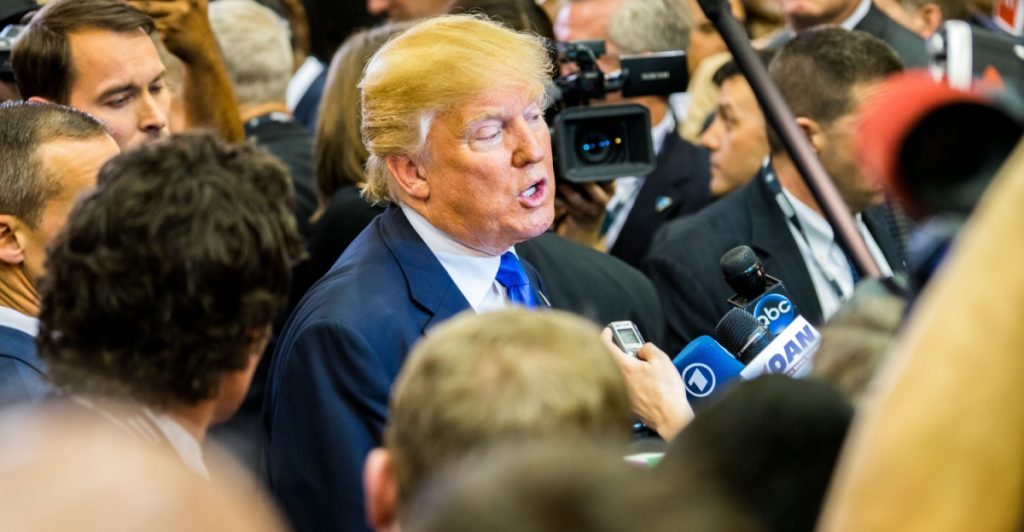States Challenge Trump’s Authority to Impose Tariffs
Others are reading now
Trade has long been a hot topic in American politics. Tariffs, in particular, can shift the economy, strain international relations, and spark political fights.
Now, a new legal showdown is underway. Twelve U.S. states, led by New York, are suing the administration of former President Donald Trump, according to BBC.
Their goal is to stop trade tariffs they say were imposed illegally.
The lawsuit was filed in the U.S. Court of International Trade. The states argue that Trump did not have the legal right to impose such tariffs on his own.
Also read
They say that under the U.S. Constitution, only Congress can approve these kinds of actions.
California, one of the most vocal critics of the tariffs, had already filed a similar lawsuit just a week earlier.
Other states joining the case include Massachusetts, Connecticut, and Illinois.
They all claim that Trump went too far when he used an old law from the 1970s to justify his actions.
The law in question is the International Emergency Economic Powers Act.
Trump’s team used this law to apply large tariffs, including a 145% tax on goods from China.
But lawyers for the states say the law was never meant to be used this way.
They believe Trump misinterpreted the law and overstepped his authority as president.
The White House pushed back. A spokesperson for the Trump team, Kush Desai, accused New York Attorney General Letitia James of turning the lawsuit into a political stunt.
He said the administration was focused on protecting Americans from illegal immigration and unfair trade.
Trump first announced the tariffs during a public event called “Liberation Day.” His goal, he said, was to make trade more fair.
But the news shook financial markets. A few days later, Trump agreed to delay the tariffs for 90 days.
China was the only exception. He accused them of being hostile toward the U.S.
Now the courts will decide whether Trump crossed the line. The case could shape how much power future presidents have over trade.



